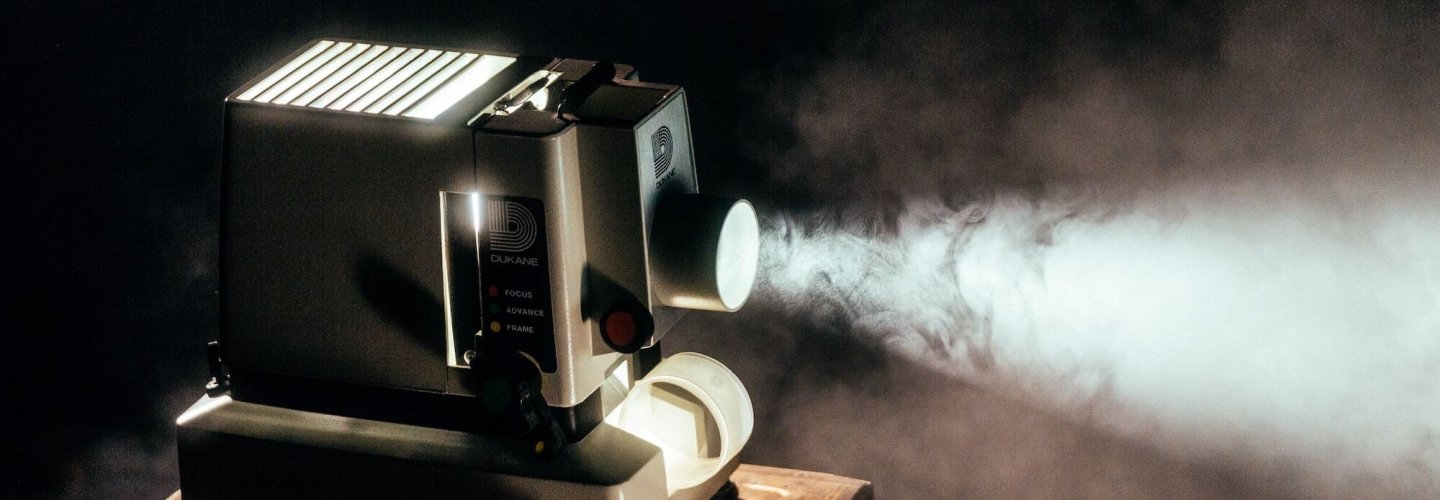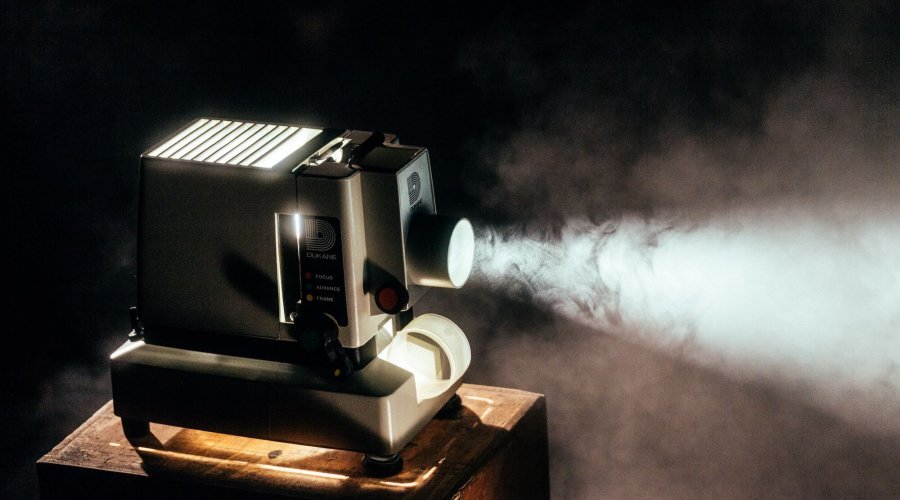Much like France, Germany made wonderful and unique artistic contributions to cinema between the end of WWI and the start of WWII. Germany arguably pre-dated French directors The Lumière Brothers’ 50 second short film display in 1895 with a 15 minute selection of short films in November of the same year. German cinema became famous for its use of the term ‘Expressionism’ which was coined in Germany’s Weimar Republic (1918-1933) and involved various uses of shadows and lighting. This movement was most popular in imagery laden films such as Robert Wiene’s ‘The Cabinet of Dr. Caligari’ and perhaps Germany’s most famous horror film ‘Nosferatu’ (1922) which played around with sound in a choppy and piercing tone.
Modern German Cinema is now a leading European film sector with The Berlinale Film Festival being one of the world’s most reputable events. In 2017, Germany has some of the best production companies in Europe including Constantin Film and Babelsberg Studio with at least 10 productions being developed this year in each production company. However, in film and in the streets, Germany is most noticeable for its underground house music, electro-punk bands (IAMX) and composers such as Oscar winner Hans Zimmer.
German Cinema and TV becomes one of the best in Europe for pop and dance soundtracks
Recently, German production company Constantin Film produced TV show ‘Shadowhunters’ (2016-) which is currently premiering on Freeform and Netflix. The show includes pop, indie and alternative artists such as Ruelle and Ramsey which creates the modern, youthful and dramatic tone that the show has followed since its premiere in 2016. Whilst German artists are being used in mainstream shows such as The CW’s ‘The Originals’, they often debut in club or dance scenes to reflect the countries nightlife. Most recently, Netflix’s ‘You Get Me’ (2017) featured German synth-pop artists such as Roosevelt.
However, German cinema opposes the traditional use of soundtrack in French drama films by toning down their use of classical composition in favour of pop or alternative rock like the Oscar nominated, Gabriel Grote composed film ‘Toni Erdmann’ (2016) or the infectious dance tracks mastered by Nils Frahm for indie breakout film, ‘Victoria’ (2015).
With German films coming into their own more than ever before in 2017-2018, Germany looks set to take its rightful place alongside France in championing the best of European dance music in its films.

